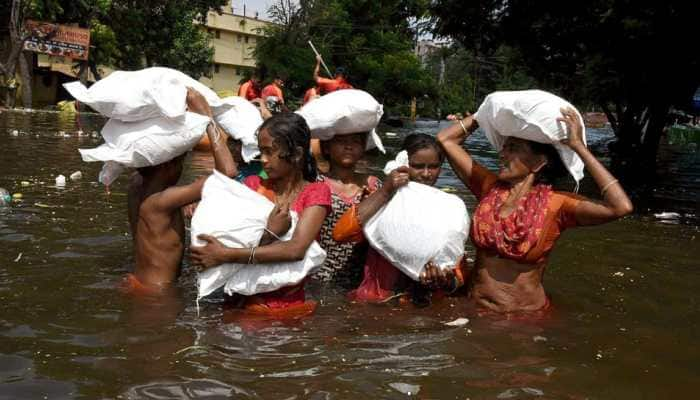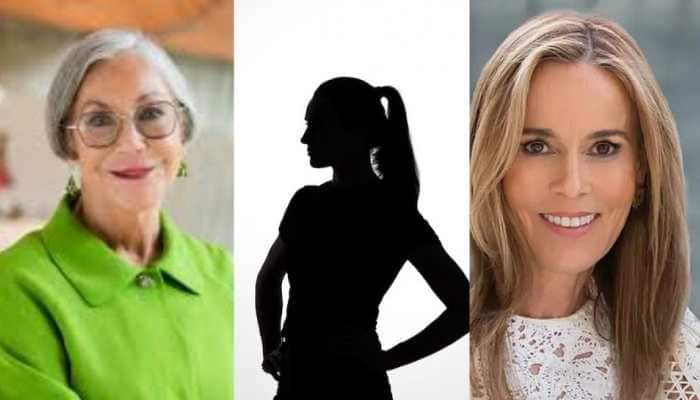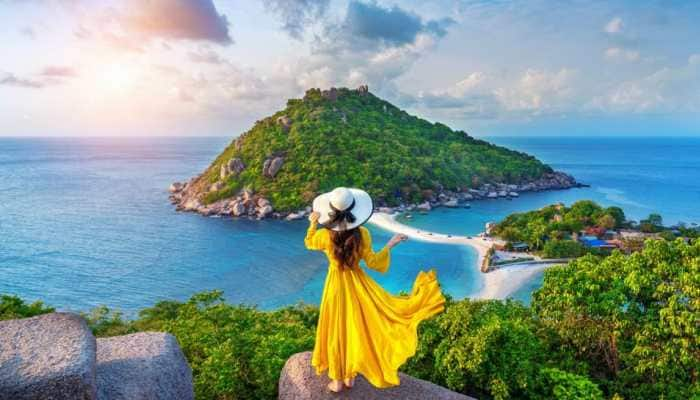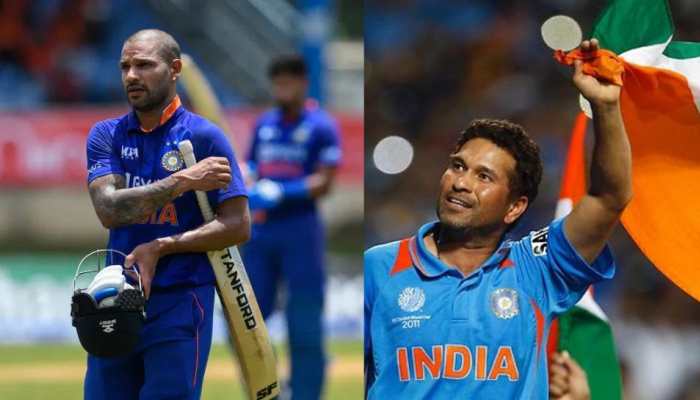Independence Day Special: Interesting developments ahead of August 15, 1947
Lord Mountbatten viewed India's first Home Minister Sardar Vallabhbhai Patel as sensible and a firm leader, but Mohammad Ali Jinnah was very stubborn and nobody could influence him.
- When the news of India's partition started spreading in June 1947, there was a panic situation in Karachi, where people withdrew Rs 6 crore from their bank accounts
- A robbery took place in Delhi's Viceroy House, where Lord Mountbatten's military advisors lived, but thieves could never be caught. Viceroy's House is today's Rashtrapati Bhavan
- As the situation in the country began to deteriorate amid strikes and riots, 70 Hindus were kidnapped from Rewari in Haryana
Trending Photos
New Delhi: Prime Minister Narendra Modi will lead the nation in celebrating the 74th Independence Day by unfurling the national flag at the majestic Red Fort on Saturday (August 15) and address the nation from the ramparts of the iconic monument. Since India secured independence from the British colonial on this day 73 years ago, the day holds a great significance for every Indian citizen.
Two nations were carved out of India 73 years ago, but ahead of that several developments took place. The DNA report has delved deep into the pages of history to inform you about those incidents and also about the key architects of the partition and independence including first Prime Minister Jawaharlal Nehru, Mahatma Gandhi, and Mohammad Ali Jinnah.
Lord Mountbatten, who was the last Viceroy of India, set the design of the partition. He considered Jawaharlal Nehru to be a leader who followed principles but when someone firmly presented his argument, Nehru would immediately submit. He viewed India's first Home Minister Sardar Vallabhbhai Patel as sensible and a firm leader, but Mohammad Ali Jinnah was very stubborn and nobody could influence him.
When the news of India's partition started spreading in June 1947, there was a panic situation in Karachi, where people withdrew Rs 6 crore from their bank accounts.
A robbery took place in Delhi's Viceroy House, where Lord Mountbatten's military advisors lived, but thieves could never be caught. Notably, Viceroy's House is today's Rashtrapati Bhavan.
As the situation in the country began to deteriorate amid strikes and riots, 70 Hindus were kidnapped from Rewari in Haryana.
Indian leaders were worried about these developments, but Mohammed Ali Jinnah, the founder of Pakistan, was concerned about his cigars. He wrote a letter to one Yunus of Dehradun asking him where were the cartons of his cigars. Notably, when India was burning in the fire of partition, Jinnah was more concered about getting his cigars.
By the end of June 1947, riots started spreading across the country, and curfew was imposed in cities like Gurgaon, Dhaka and Lahore. Jinnah, however, was interested only in knowing how much money was left in his bank account. Bombay and Lahore branches of Bank of India told him that there were 7 lakh 97 thousand, 149 rupees, 12 ana and 3 paise left in his accounts.
In the first week of July, an American citizen came to India to meet Mahatma Gandhi. He asked Mahatma for his autograph, but Gandhiji asked him to pay Rs 20. After bargaining, Gandhiji agreed to give him autograph for Rs 15 and got this amount deposited in the Harijan Welfare Fund.
As Indian Army was also to be divided between the two nations, the Government of India announced a new pay scale for the soldiers and fixed a monthly salary of Rs 3000 for the post of General while Rs 35 was fixed for a soldier with class 10 qualification.
With Jinnah's stubbornness, Lord Mountbatten was very upset. The latter wrote a letter to Jinnah's daughter Patricia and said her father was stuck in a situation from which it is very difficult to come out in a respectful manner. Further, he wrote that he too had ruined everything because of his over confidence. He also expressed his disappointment that despite working so hard, he made a huge mistake in understanding Jinnah, and he wanted to leave this place as soon as possible.
After a meeting of top leaders in the first week of July 1947, Mahatma Gandhi referred to George Bernard Shaw in his prayer meet. Bernard Shaw used to say that an Englishman is never wrong, he does everything according to principles. He serves the King but beheads the Monach using the principle of democracy. Therefore, which principle they would apply to leave India, Mahatma guessed.
On July 12, 1947, when Justice TL Shevde took oath in Nagpur wearing a Gandhi cap, a British judge asked him if he slept wearing a Gandhi cap? To this, Justice Shevde replied "yes" like you sleep wearing a hat on your head.
The next day in a press conference, when Mohammad Ali Jinnah was asked if he could tell how would he make Pakistan a modern democratic country. Jinnah said when did I say that? I never said that.
Ahead of partition, when 470 Indian Civil Service officials were asked what did they want? 400 of them opted for retirement on 15th August, while 40 decided to stay in India and the rest 30 went to Pakistan.
The British government wanted its flag, Union Jack, to be included in the flags of India and Pakistan. Jawaharlal Nehru and Mohammad Ali Jinnah refused to accept this. On August 14, the British flag from the Lucknow Residency was removed and sent to London. This British flag was continuously waving there since 1857.
Notably, Rs 2 lakh was sanctioned for organizing the events related to Independence Day in Lucknow.
In Mumbai, a name plate with M A Jinnah - Bar At Law was also removed from a chamber of lawyers. This was the name plate of Mohammad Ali Jinnah who was also an advocate.
India got independence at midnight, but the reason behind was no less interesting. A telegram from Lord Mountbatten was sent to Britain suggesting that it was advised by some Indian astrologers who considered it auspicious.
When someone asked Jinnah about role of the army in Pakistan, he became very angry. He stared at the person from top to bottom and said that there will be a government of citizens in Pakistan and those who diffe have no right to come to Pakistan. But his claims proved wrong like the rest of his claims and the army ruled in Pakistan for 33 years.
By the first week of August 1947, the number of refugees in Delhi swelled to 80,000, and there was a shortage of food. Schools were run in two shifts so that studies were not impacted.
During this time only, it was decided that the Prime Minister's official residence would be at 7 Prithvi Raj Road in Delhi, but 7 Race Course was later made the official residence of the Prime Minister of India. This is curently renamed as 7 Lok Kalyan Marg.
Interestingly, the Board of Control for Cricket in India (BCCI), which was established in 1928 as cricket was very popular in India. The then BCCI chairman Anthony de Mello had suggested that the partition should not divide the cricket team as it would affect the spirit of the game.
Stay informed on all the latest news, real-time breaking news updates, and follow all the important headlines in india news and world News on Zee News.
Live Tv







)
)
)
)
)
)
)
)
)
)
